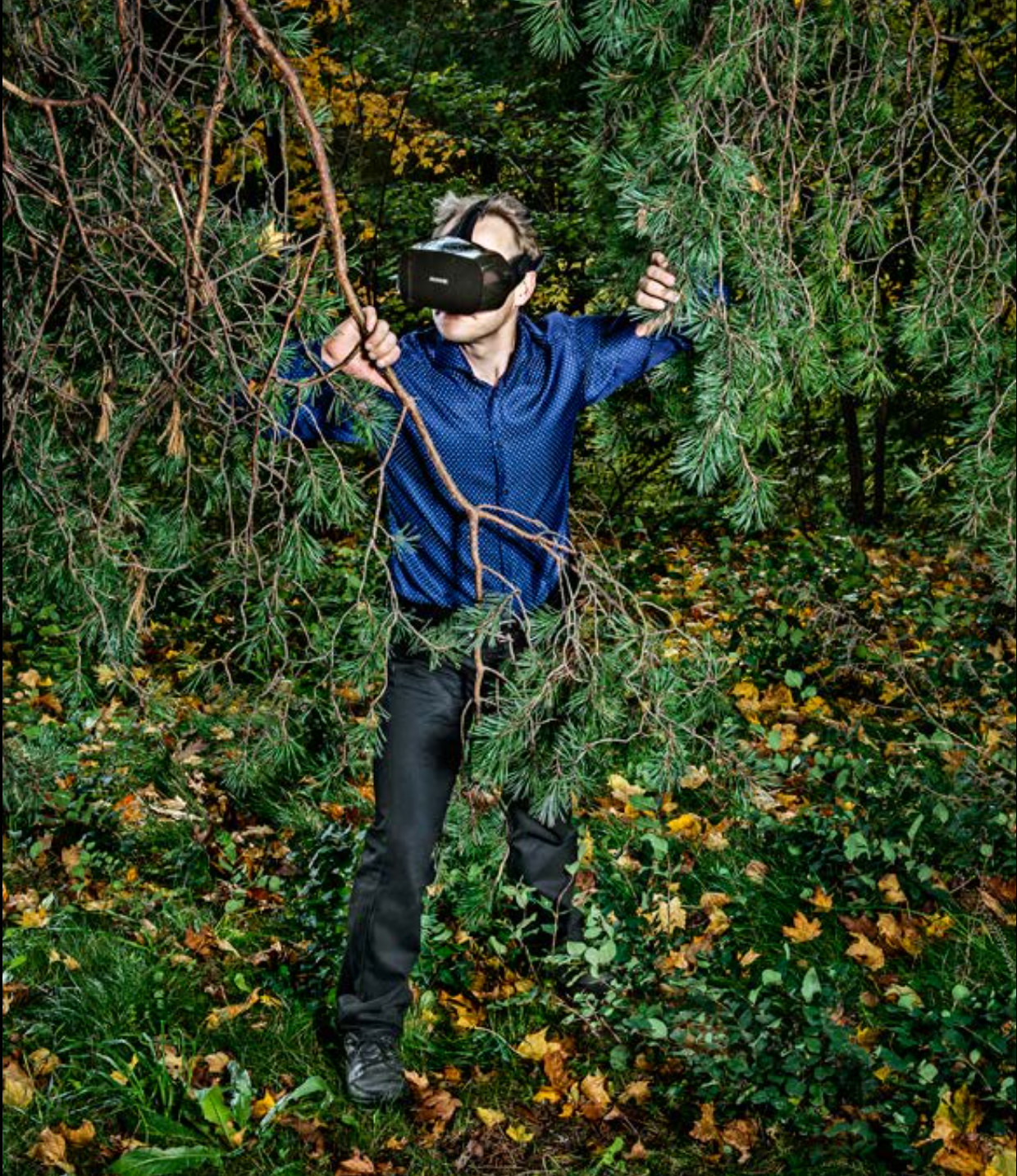The use of virtual reality (VR) and mixed reality (MR) technology in clinical psychology is growing. Efficacious VR-based treatments for a variety of disorders have been developed. However, the field of technology-assisted psychotherapy is constantly changing with the advancement in technology. Factors such as interdisciplinary collaboration, consumer familiarity and adoption of VR products, and progress in clinical science all need to be taken into consideration when integrating virtual technologies into psychotherapies. We aim to present an overview of current expert opinions on the use of virtual technologies in the treatment of anxiety and stress-related disorders. An anonymous survey was distributed to a select group of researchers and clinicians, using an analytic framework known as Strengths, Weaknesses, Opportunities, and Threats (SWOT). Overall, the respondents had an optimistic outlook regarding the current use as well as future development and implementation of technology-assisted interventions. VR and MR psychotherapies offer distinct advantages that can overcome shortcomings associated with traditional therapy. The respondents acknowledged and discussed current limitations of VR and MR psychotherapies. They recommended consolidation of existing knowledge and encouraged standardisation in both theory and practice. Continued research is needed to leverage the strengths of VR and MR to develop better treatments.
Read the full paper (open access):
Ma, L., Mor, S., Anderson, P. L., Baños, R. M., Botella, C., Bouchard, S., Cárdenas-López, G., Donker, T., Fernández-Álvarez, J., Lindner, P., Mühlberger, A., Powers, M. B., Quero, S., Rothbaum, B., Wiederhold, B. K., & Carlbring, P. (2021). Integrating virtual realities and psychotherapy: SWOT analysis on VR and MR based treatments of anxiety and stress-related disorders. Cognitive Behaviour Therapy, 50(6), 509-526. doi:10.1080/16506073.2021.1939410

